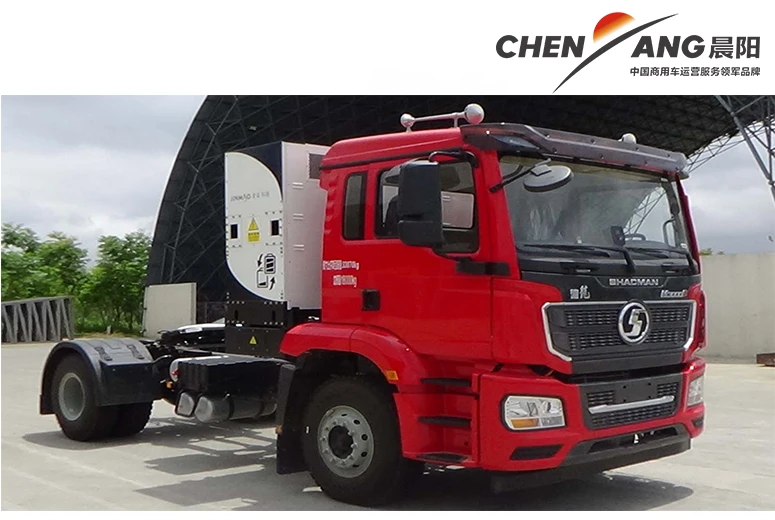types of road construction equipment
Types of Road Construction Equipment
Road construction is an essential aspect of urban development and infrastructure improvement, characterized by the need for efficient and durable surfaces to facilitate transportation. The variety of road construction equipment used in this process is vital for achieving high-quality results. This article will delve into the primary types of road construction equipment, highlighting their specific functions and importance in the construction process.
1. Earthmoving Equipment
One of the foundational categories of road construction equipment is earthmoving machinery. This type includes excavators, backhoes, bulldozers, and loaders, all of which play a critical role in preparing the construction site.
- Excavators are primarily utilized for digging trenches and holes, as well as for lifting and moving large amounts of material. Their versatility and efficiency make them indispensable on any job site. - Bulldozers, equipped with a flat front and powerful tracks, are used for pushing large quantities of soil and debris, leveling the ground, and shaping the landscape.
- Backhoes combine the functions of an excavator and a loader, making them ideal for smaller road projects where space is limited. Their ability to dig and transport materials simultaneously enhances productivity.
- Loaders are designed to load materials onto trucks or conveyors. They are crucial for moving materials around the site and ensuring a steady supply for ongoing construction processes.
2. Compaction Equipment
Once the ground has been prepared, it's essential to compact the earth to create a stable foundation for the road. Compaction equipment enhances soil density and stability, reducing the likelihood of future subsidence.
- Rollers are the most common type of compaction equipment and come in various forms, including smooth drum, sheepfoot, and pneumatic. Smooth drum rollers are often used for asphalt and gravel surfaces, while sheepfoot rollers are ideal for clay and cohesive soils. Pneumatic rollers provide flexibility and are effective on a variety of surfaces.
- Plate compactors are smaller machines that are particularly useful for compaction in confined areas. They deliver high-energy impacts to the ground, ensuring thorough compaction of small sections, especially when preparing for asphalt layering.
3. Asphalt Paving Equipment
To create a durable surface for roads, paving equipment is essential. This category includes asphalt mixers, pavers, and rollers.
- Asphalt mixing plants blend aggregates, asphalt binder, and additives to produce the mix used for paving roads. Modern plants are highly automated and ensure uniformity in the material produced, which is crucial for road longevity.
types of road construction equipment

- Asphalt pavers lay down the asphalt mixture evenly and at a controlled thickness
. They are equipped with screeds that help to shape and smooth the asphalt as it is deposited.- Asphalt rollers, as mentioned earlier, are used immediately following the paving process to ensure that the newly laid asphalt is compacted correctly, eliminating air pockets and enhancing durability.
4. Concrete Equipment
In addition to asphalt, concrete is a widely used material in road construction. The equipment associated with concrete work includes concrete mixers, pumps, and finishing tools.
- Concrete mixers provide a consistent blend of cement, water, and aggregates, essential for producing high-quality concrete on-site.
- Concrete pumps are employed to transport the mixed concrete from the truck to the precise location where it is needed. This equipment significantly improves efficiency and reduces labor costs.
- Finishing tools, such as trowels and screeds, are used to create a smooth and even surface for the concrete once it has been poured. Proper finishing is vital to prevent cracking and to ensure the longevity of the concrete road.
5. Maintenance Equipment
Besides construction, road maintenance is critical for ensuring longevity and safety. Equipment like patchers, street sweepers, and line stripers come into play here.
- Pothole patchers are used to repair surface damages, extending the life of existing roads and enhancing safety.
- Street sweepers keep roads clean by removing debris and litter, which is essential for maintaining the condition of the surface and ensuring visibility.
- Line stripers are important for road safety, as they apply markings for lanes, crosswalks, and other essential signage.
Conclusion
The diverse range of road construction equipment plays a pivotal role in ensuring that roads are built efficiently, safely, and to the required standards. From earthmoving to compaction, paving to maintenance, each type of equipment contributes significantly to the overall quality and durability of road infrastructure. As technology advances, the efficiency and capabilities of these machines will continue to improve, further transforming the landscape of road construction.
-
SINOTRUK HOWO 84 Electric Dump Truck for Eco-Friendly Heavy HaulingNewsJul.26,2025
-
The Fast 16-Gear Manual Transmission Assembly for Heavy TrucksNewsJul.25,2025
-
Mercedes Benz Actros 1848 42 Tractor Truck for Sale - Reliable PerformanceNewsJul.24,2025
-
High-Quality Water Pump Assembly for Sinotruk Trucks – Durable & ReliableNewsJul.23,2025
-
Premium Truck Engine Antifreeze Coolant Fluid for Heavy Duty VehiclesNewsJul.22,2025
-
FOTON View G7 Mini Bus: Affordable & Spacious TransportNewsJul.22,2025
Popular products

























